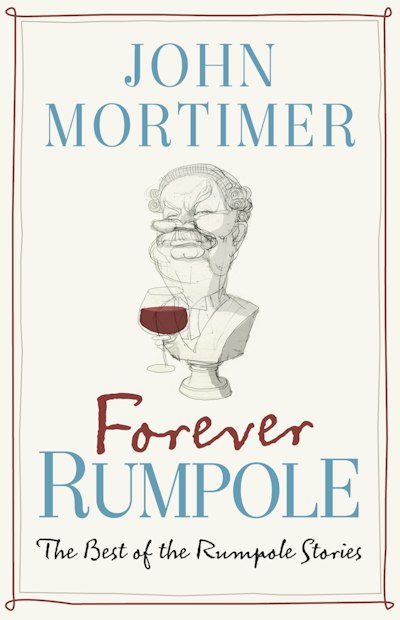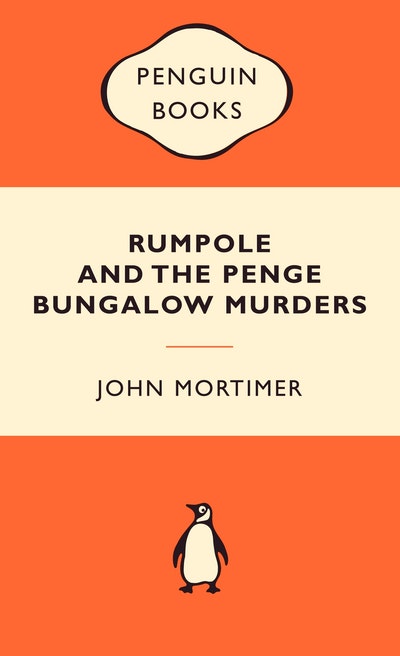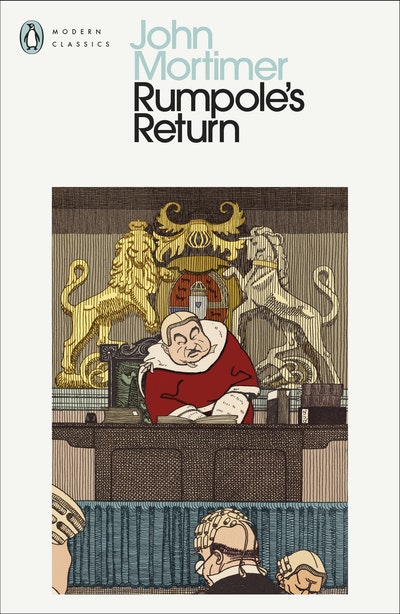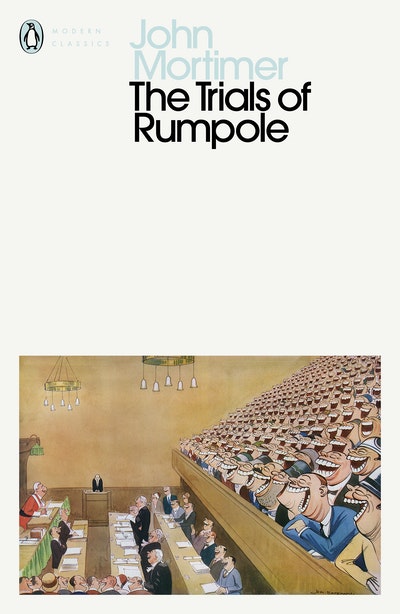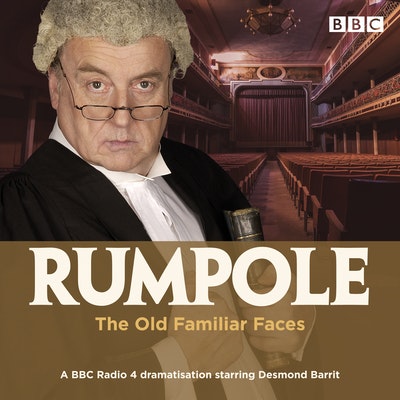John Mortimer is a playwright, novelist and former practising barrister. During the war he worked with the Crown Film Unit and published a number of novels, before turning to theatre. He has written many film scripts, and plays both for radio and television, including A Voyage Round My Father, the Rumpole plays, which won him the British Academy Writer of the Year Award, and the adaptation of Evelyn Waugh's Brideshead Revisited.He has written four volumes of autobiography, including Clinging to the Wreckage and Where There's a Will (2003). His novels include the Leslie Titmuss trilogy, about the rise of an ambitious Tory MP: Paradise Postponed, Titmuss Regained and The Sound of Trumpets, and the acclaimed comic novel, Quite Honestly (2005). He has also published numerous books featuring his best-loved creation Horace Rumpole, including Rumpole and the Primrose Path (2002) and Rumpole and the Penge Bungalow Murders (2004). All these books are available in Penguin.He lives in what was once his father's house in the Chilterns. He has received a knighthood for his services to the arts. His authorized biography, written by Valerie Grove, will be published by Viking in Spring 2007.
